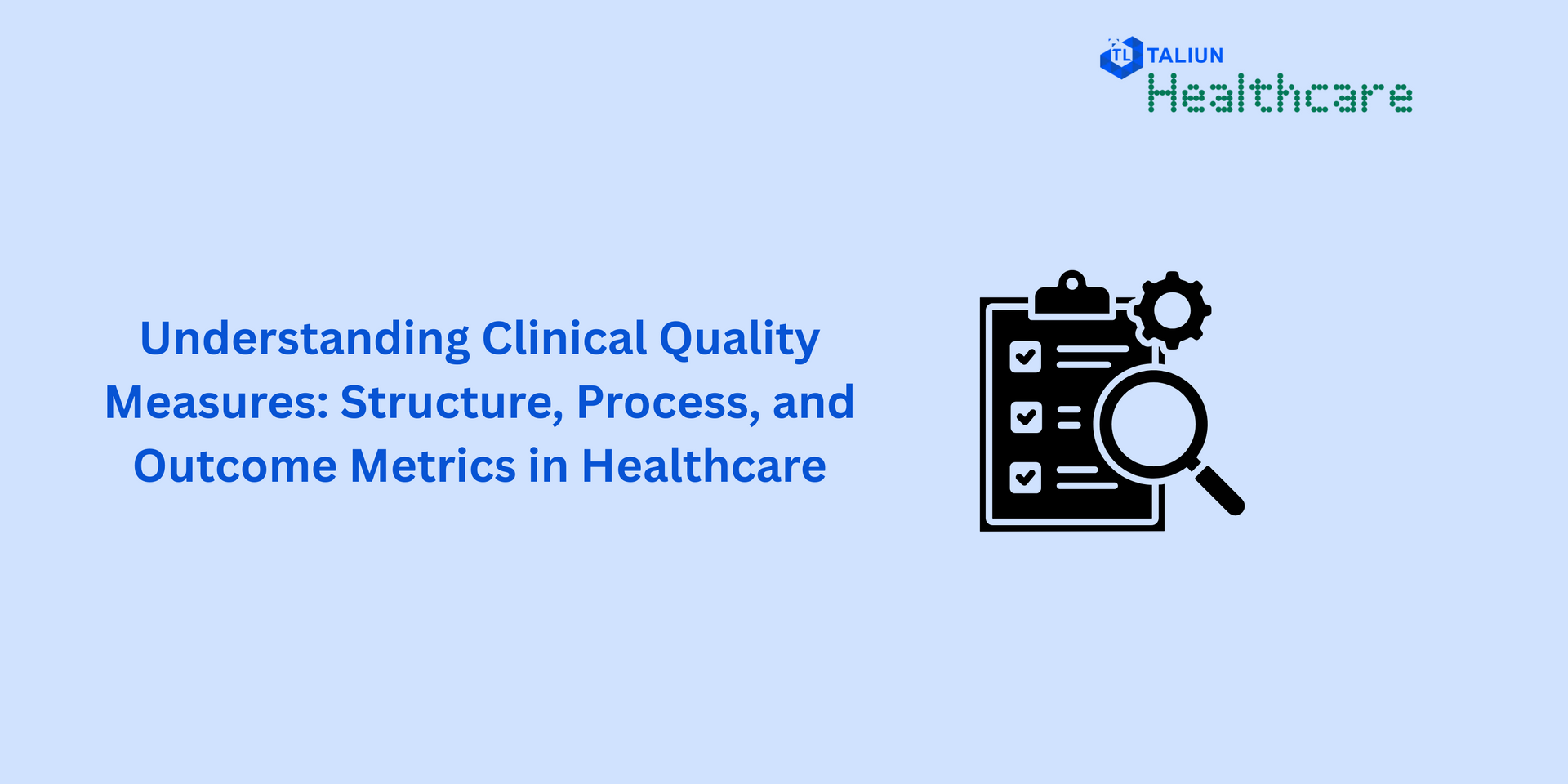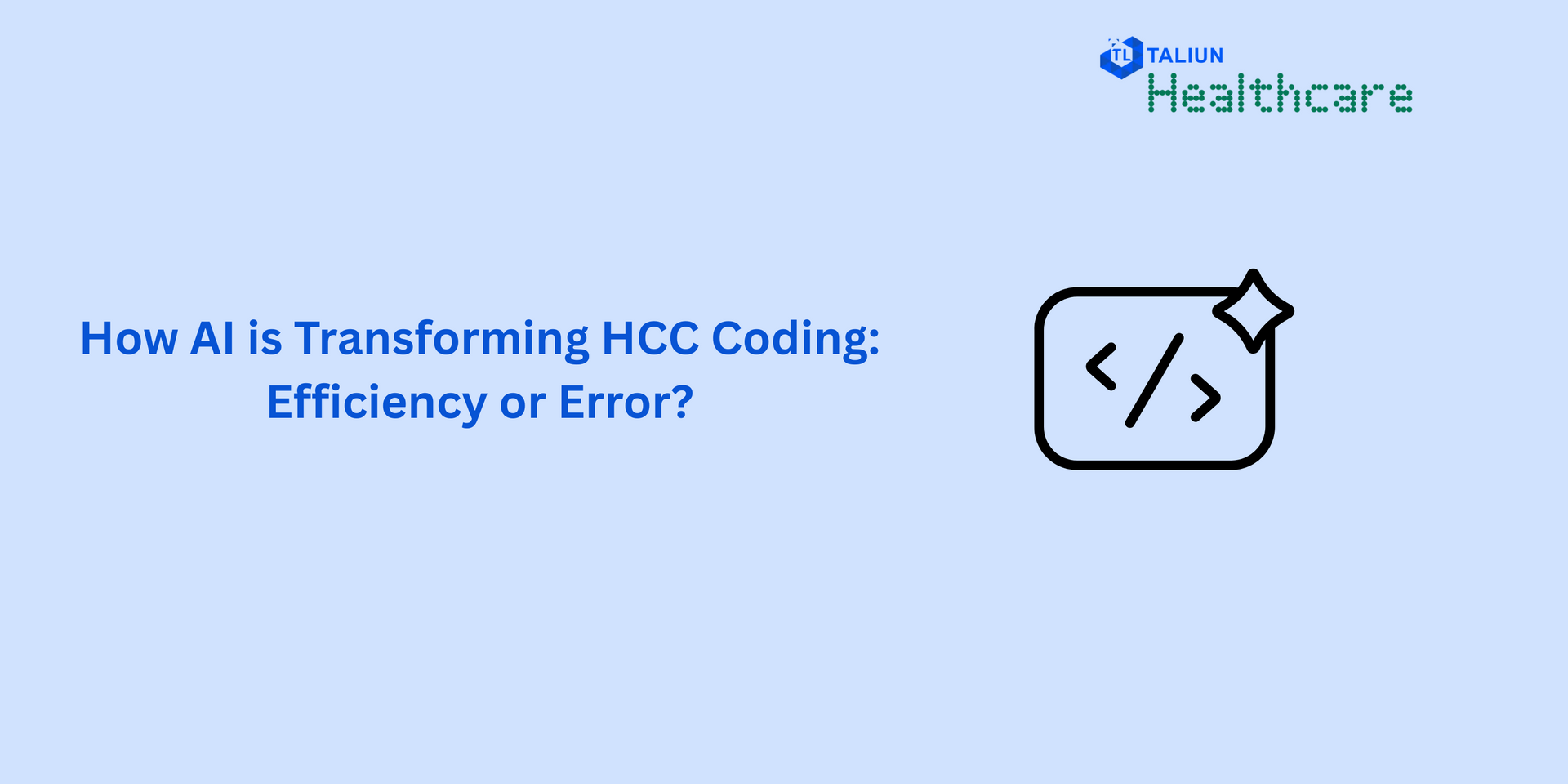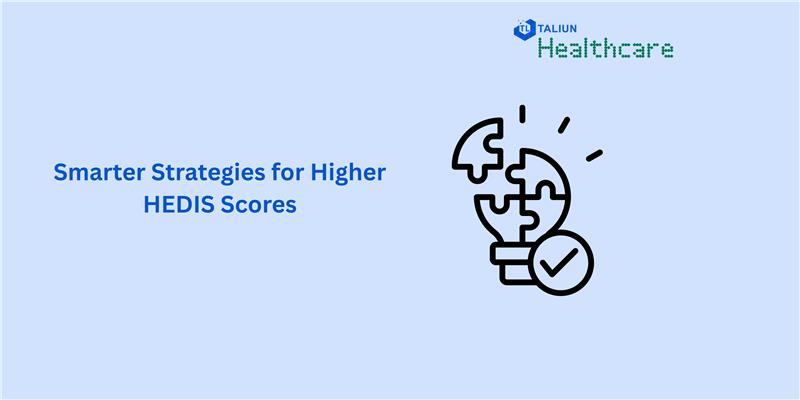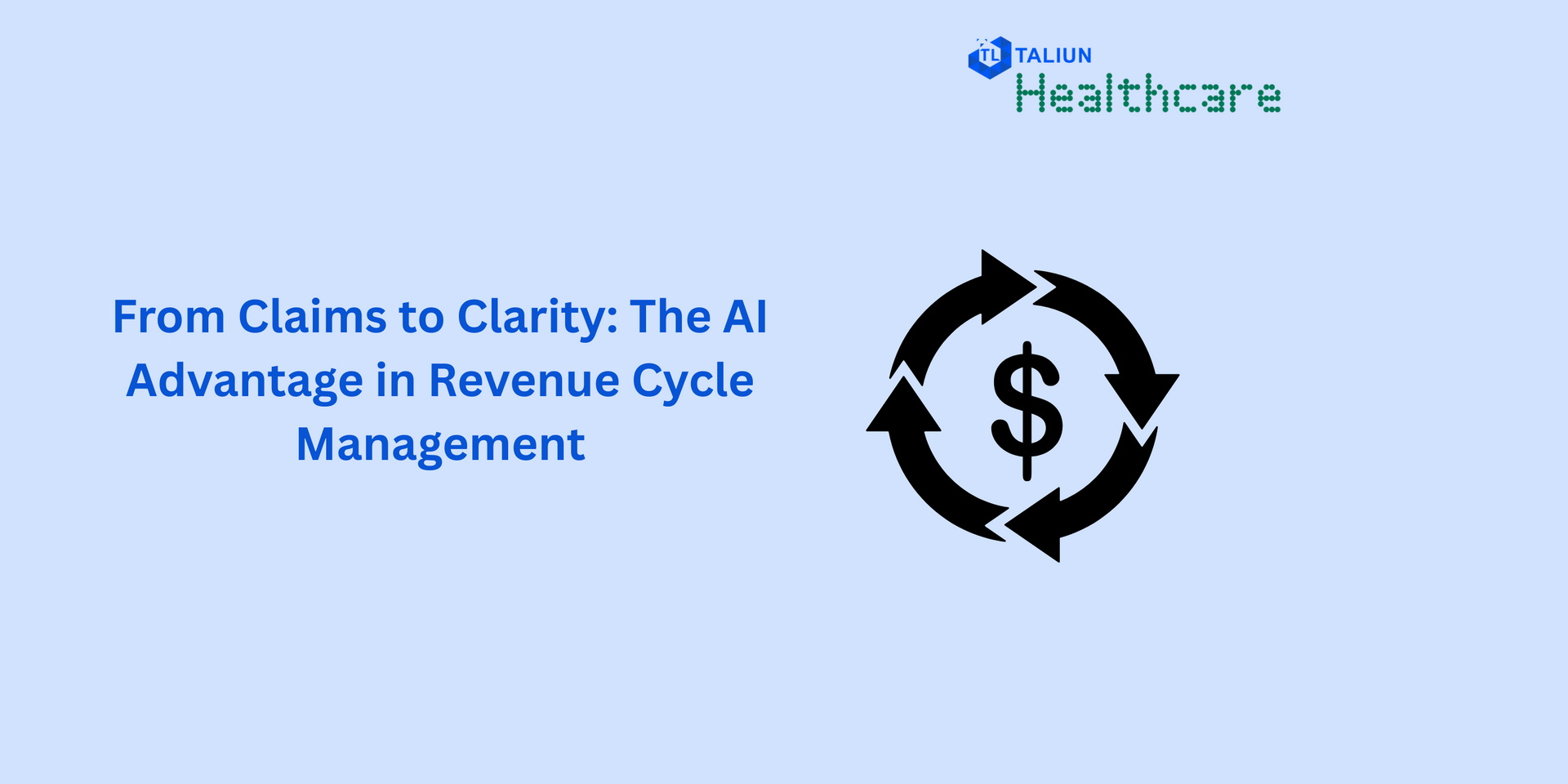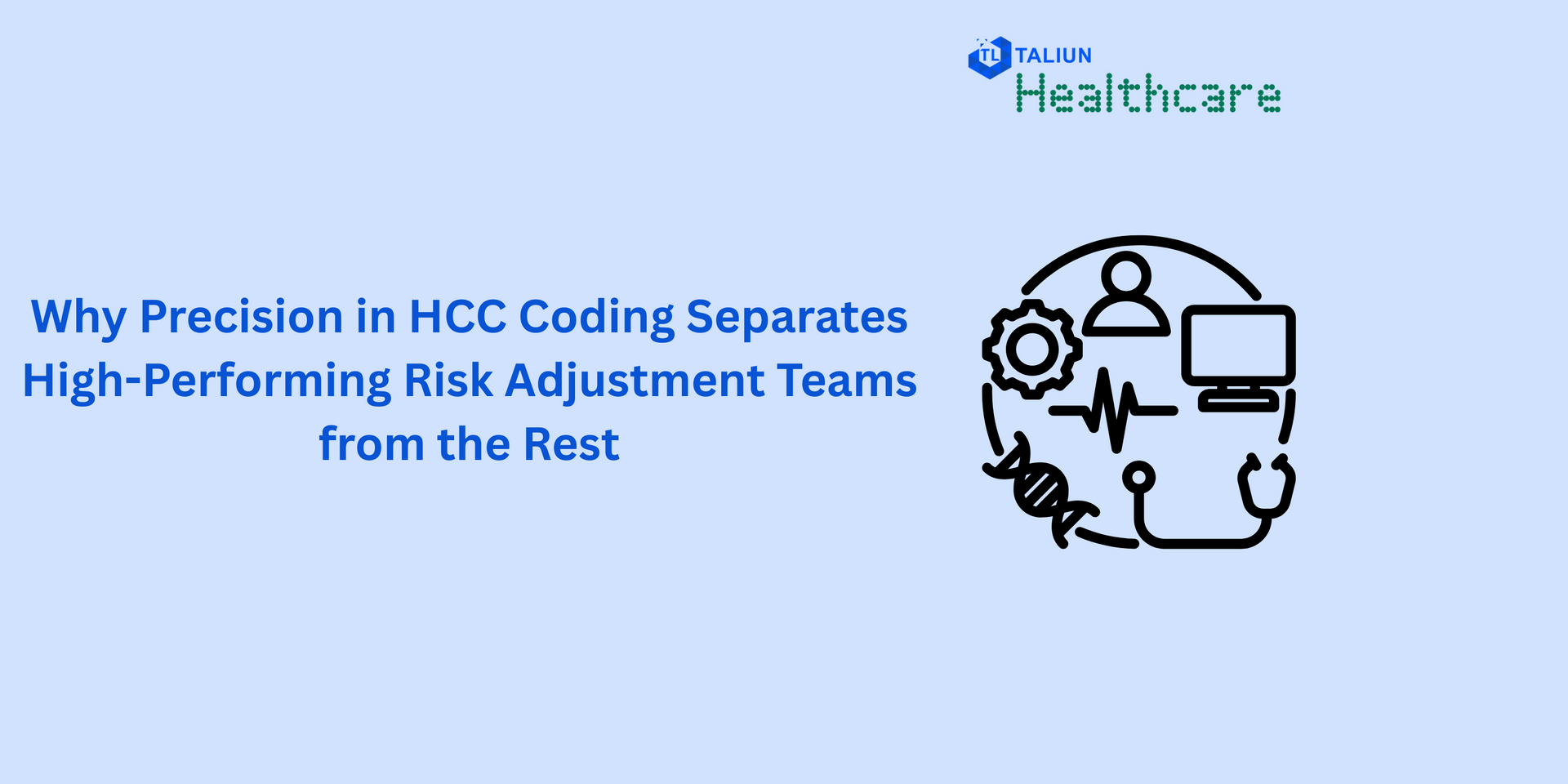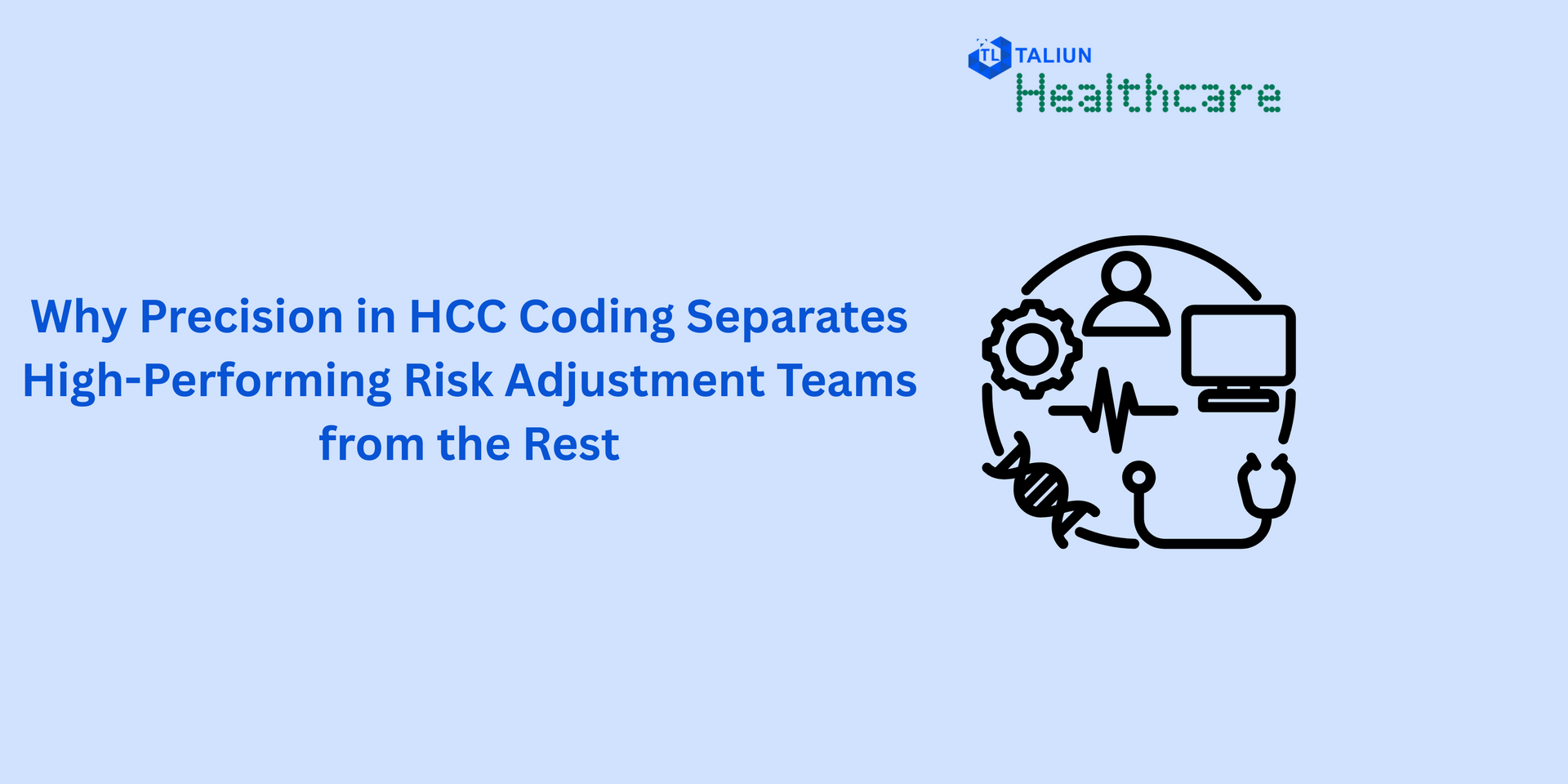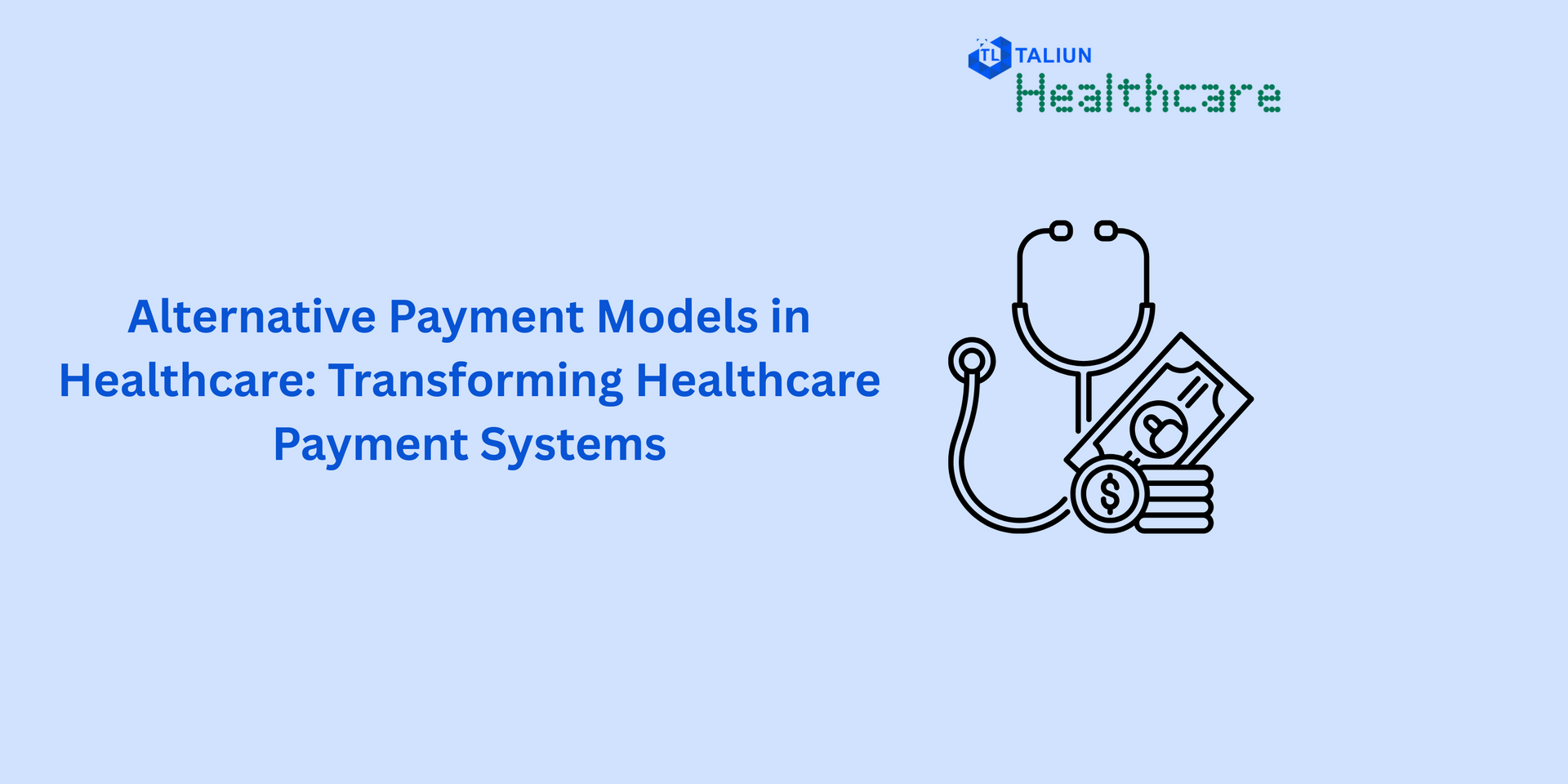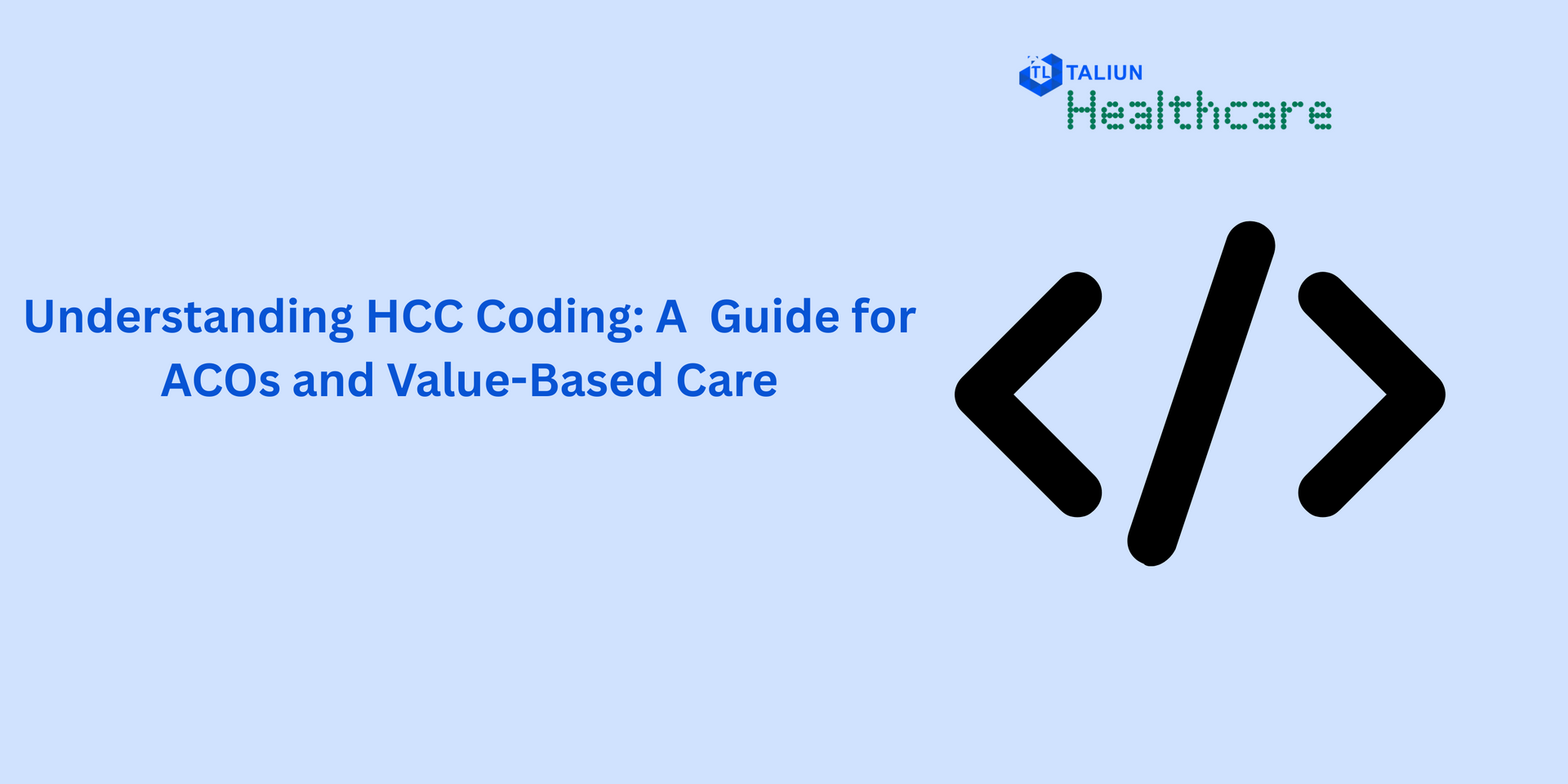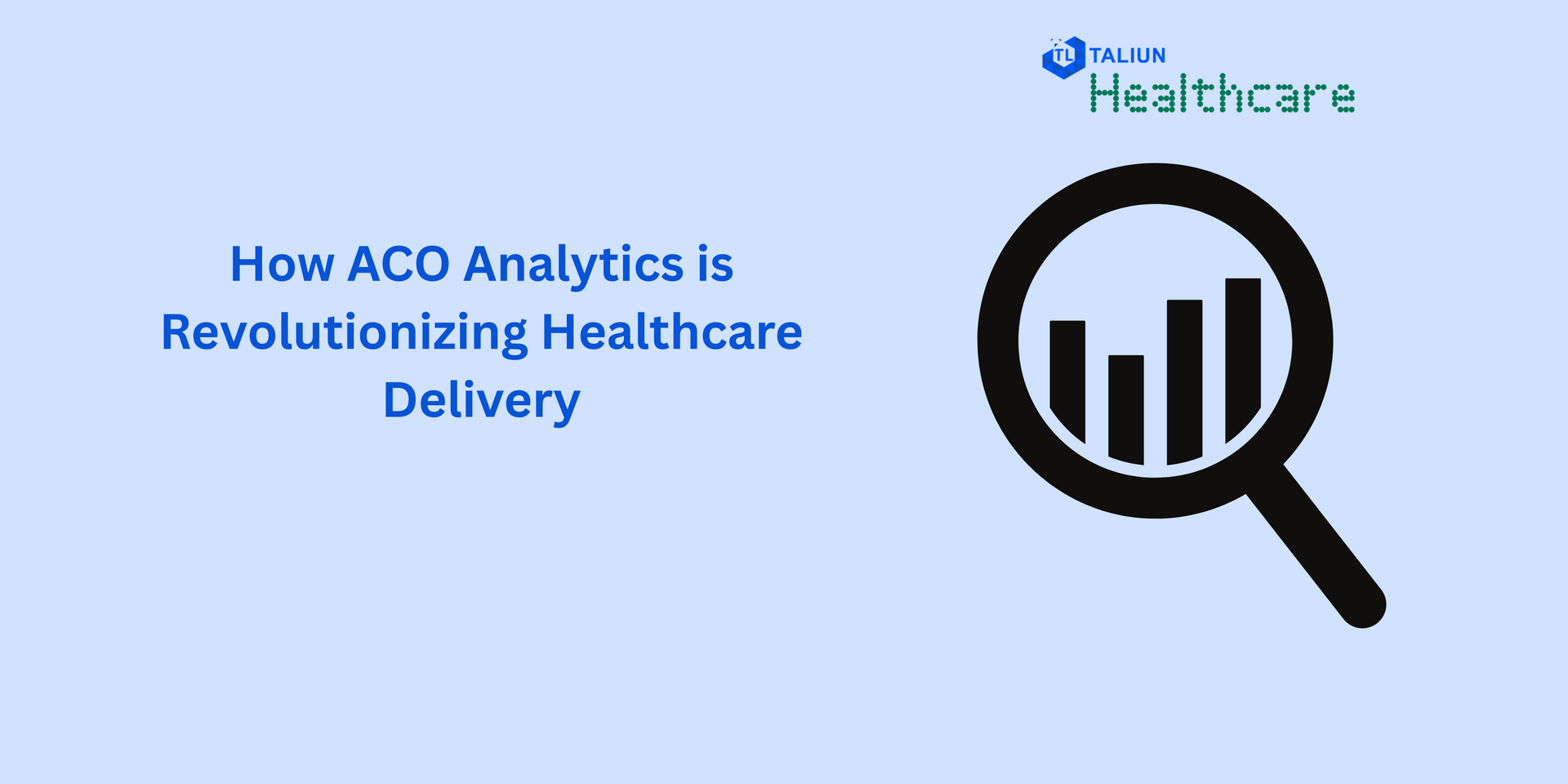Contact Us
Thank you for contacting us.
We will get back to you as soon as possible.
We will get back to you as soon as possible.
Oops, there was an error sending your message.
Please try again later.
Please try again later.
Locations
US:
39899 Balentine Drive,Suite 200
Newark, CA 94560
Phone: +1-(408) 883 - 7902
India:
Ven Business Center I, First Floor, Baner - Pashan Link Rd, Pashan, Pune, Maharashtra 411021
Phone: +91 83293 46166
Copyright 2024 Taliun
Privacy Policy | Terms of service

